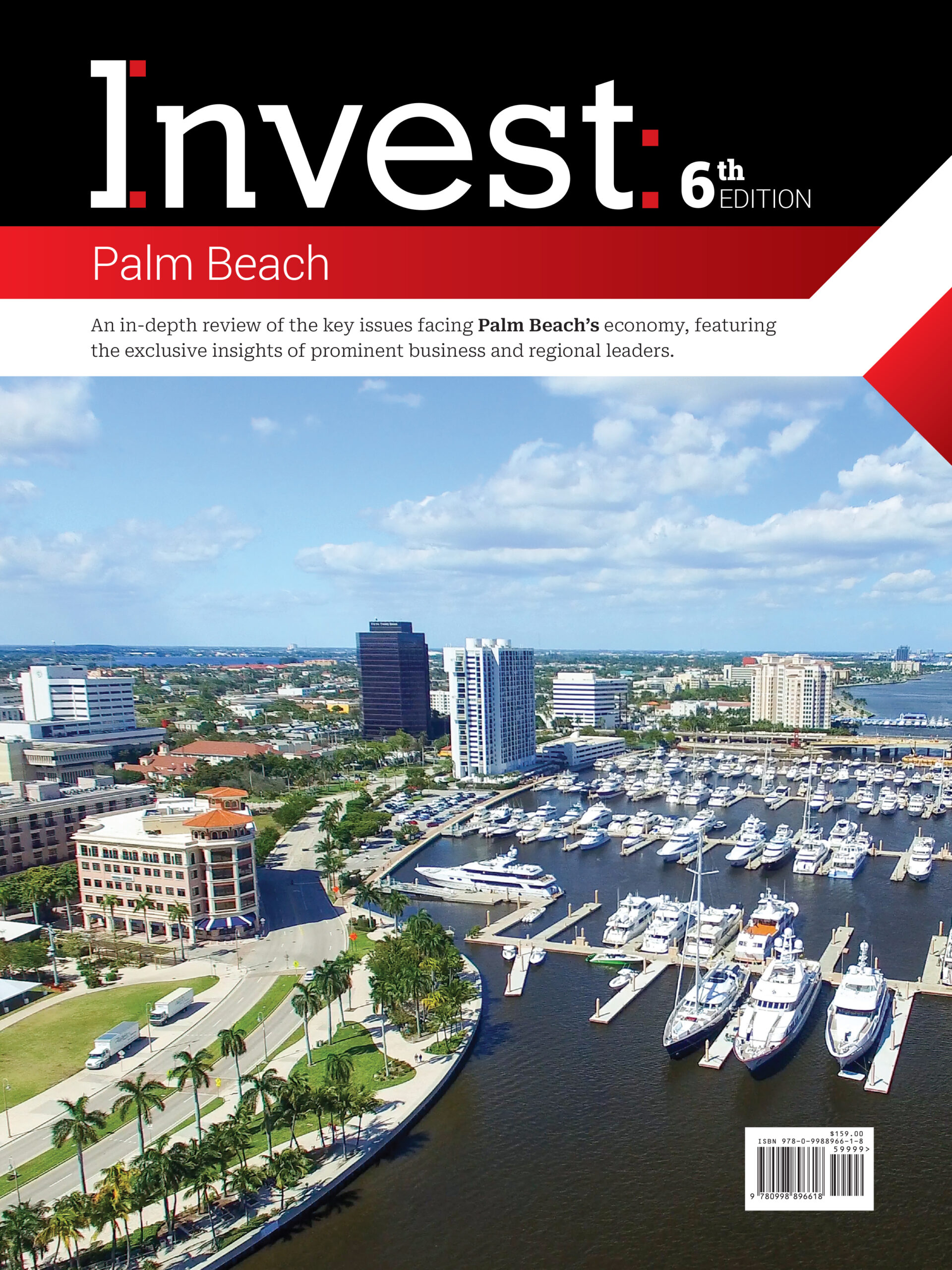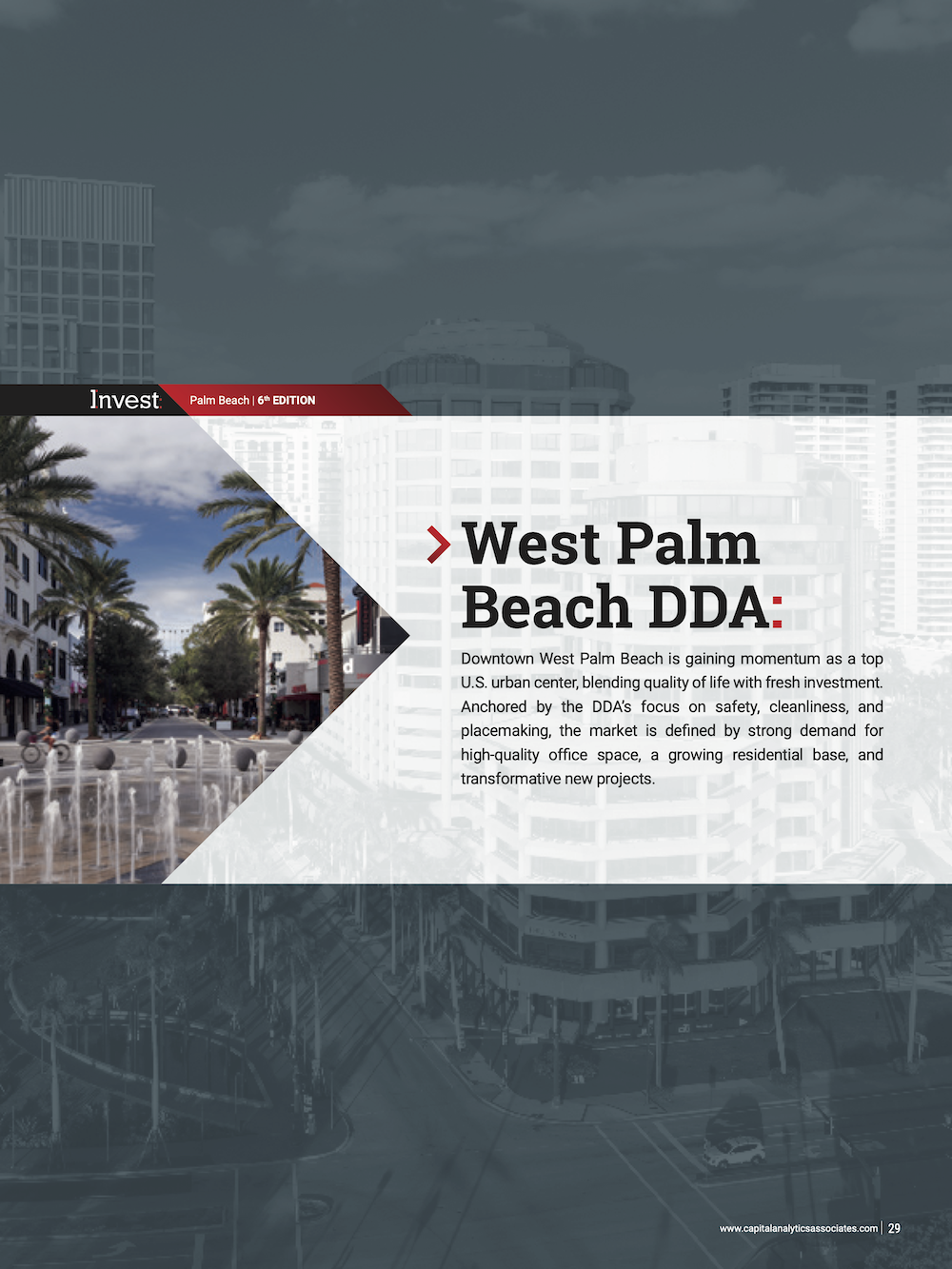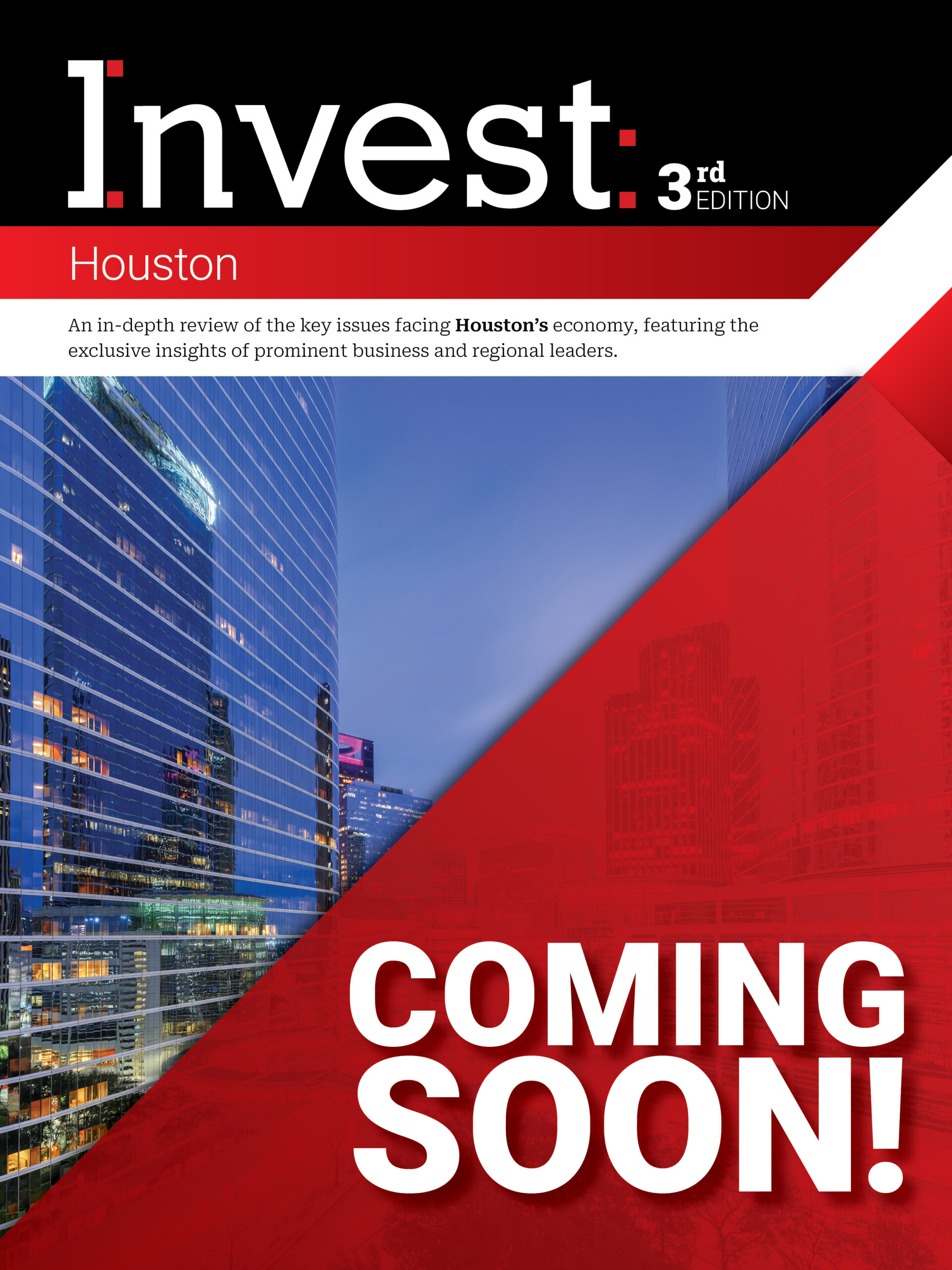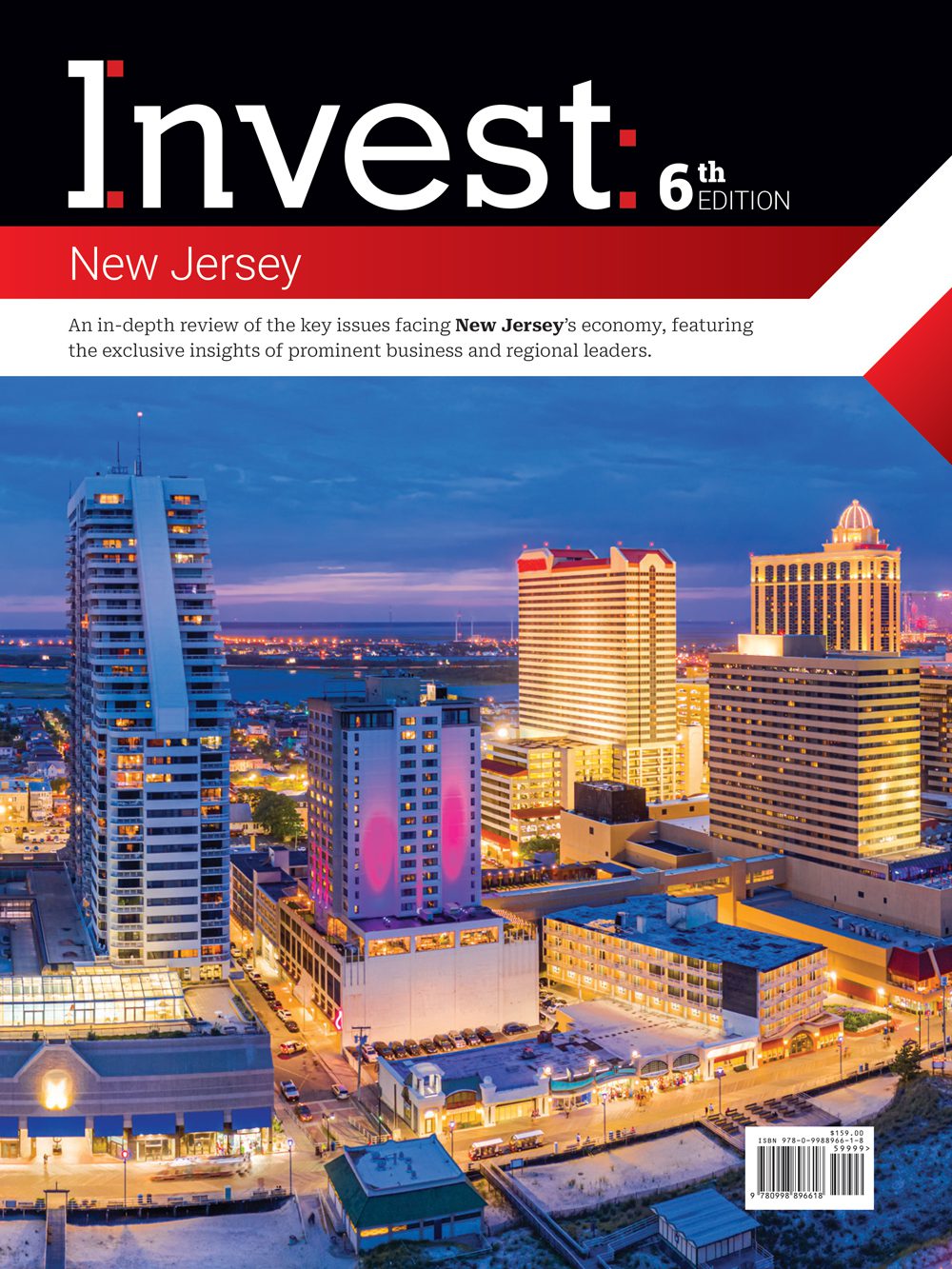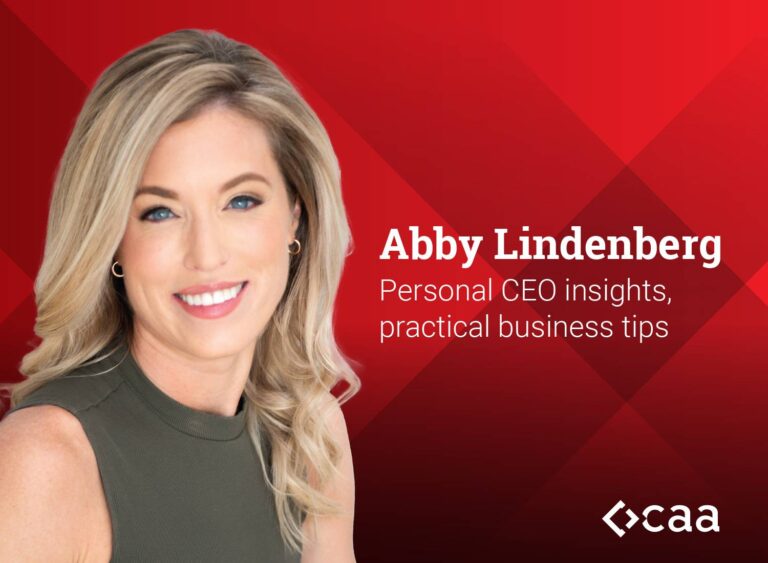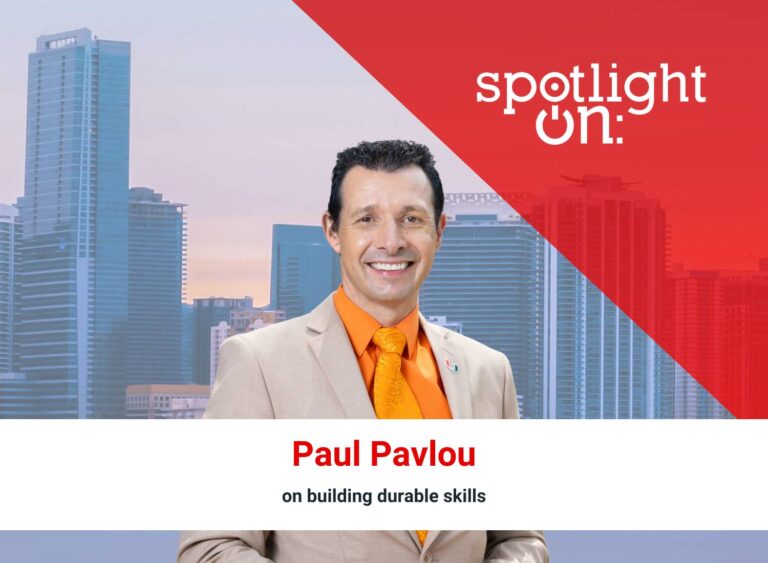Spotlight On: Jodi Detjen, Associate Dean of Innovative Education and Programs, Suffolk University
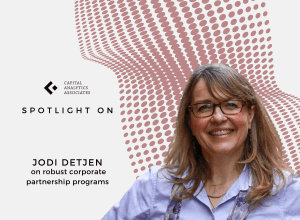 June 2024 — In an interview with Invest:, Jodi Detjen, associate dean of innovative education and programs, associate professor of practice and executive director of the MBA program at Suffolk University, discussed affordability, and creating clear return on investments. Detjen also addressed the importance of business-university partnerships, and how the institution is incorporating practical AI skills into its foundational courses.
June 2024 — In an interview with Invest:, Jodi Detjen, associate dean of innovative education and programs, associate professor of practice and executive director of the MBA program at Suffolk University, discussed affordability, and creating clear return on investments. Detjen also addressed the importance of business-university partnerships, and how the institution is incorporating practical AI skills into its foundational courses.
What have been some major highlights over the past 12 months?
This year has been a real year of innovation for us. The market is incredibly dynamic, both for businesses and education. We stepped back to assess our strengths and focused on our role as innovators. Although we did not label it as such, you could almost consider this our Year of Innovation. We accomplished many exciting things.
For example, we completely revamped our first-year experience. Traditionally, students would come and follow a standard routine. Now, in their first semester, we teach them about generative AI, including how to use it in their coursework and its implications for their future careers. Additionally, we give them a deep dive into business fundamentals, emphasizing the value and purpose of business, and how it can have a positive impact on society.
One unique aspect of our program is that we have healthcare, public service, and business all within the same school. We introduced this tripartite view right from the first year. Another key change is our focus on team skills. Recognizing that business education often involves teamwork, we now teach students how to effectively work in teams. In their first semester, they participate in a competition where they present to a local business. This year, they pitched to Saloniki, which is a Greek restaurant in downtown Boston. In the second semester, they worked with The Arc, a nonprofit focused on disabilities.
In the second year, we introduced a new course on tackling difficult problems. Using a systems thinking approach, students addressed Boston’s transportation issues and presented their ideas to the city. One notable suggestion was to increase investment in bus lanes, which is both powerful and economical.
At the graduate level, we have doubled down on case competitions to foster engagement. We conduct live case studies, such as a sustainability case study at Gillette Stadium, where students from various programs work together to solve real-world problems. We also achieved significant success in competitions, winning an innovation prize from Eduventures and being quarterfinalists in the Be Sustainability contest, which we won last year.
Moreover, we completed a multiyear partnership with the Celtics, allowing our students to engage dynamically with the team. We also established our XLab, the first neuromarketing research lab in Massachusetts. Students conduct facial expression analysis and skin response studies to understand how people interact with content, providing valuable insights to companies.
Where do you see the higher education sector in Boston heading, and what are the biggest challenges and opportunities?
AI is what everybody is talking about. It is both the biggest challenge and opportunity in higher education right now. Businesses are eager to hire students who have AI experience, but many graduates lack this expertise. Therefore, we focus on equipping our students with practical AI skills to solve business problems. The challenge is integrating AI into the classroom effectively. For instance, students might use AI tools to complete assignments, which raises questions about how to teach in this environment.
One way we address this is by incorporating AI as a creative partner. Students work on live client projects that require unique solutions, not just answers from AI. This approach helps them synthesize ideas and produce high-quality work. We also teach Python to marketing students, ensuring they develop foundational skills rather than relying solely on AI for coding. Some students want ChatGPT to write it all, but without basic skills, you cannot debug ChatGPT’s basic code.
To further support our AI integration efforts, we hired an expert practitioner to help align our curriculum with industry needs. Our goal is to prepare students for the demands of the job market by providing early-stage training in AI.
What key partnerships and collaborations help you understand industry needs, and why do university-business partnerships matter?
We maintain several advisory councils and a robust corporate partnership program across all our programs. For instance, I meet with alumni to discuss trends in business analytics and AI. These regular conversations with business leaders inform our curriculum and ensure we are addressing current industry needs.
We also engage in corporate education, receiving direct feedback from participants about their requirements. This iterative process allows us to continually refine our programs. For example, we are redesigning our master’s program in healthcare based on extensive research and feedback from industry partners. They emphasized the need for AI and analytics skills, combined with strong interpersonal abilities. We responded by creating flexible modules that cater to these needs. AI will not destroy grad school or replace humans. As humans, we can bring more contextual knowledge to the table and use AI as a tool to further fine-tune things, and this is something grad school can help with.
Having said that, currently, there is a noticeable gap between the skills businesses need and what graduates possess. I urge companies to collaborate more closely with educational institutions. By working together, we can create highly trained professionals and drive innovation in both education and industry.
How are you adapting to changing demographics and evolving higher education demands?
As a business school, our strength lies in providing a holistic learning environment that supports student success. For example, our small class sizes allow us to know each student personally. This intimate setting is crucial, especially post-pandemic, as students face increased stress and uncertainty. We also offer immersive experiences. As an example, we took a group of MBA students to Switzerland where they engaged in live consulting with startups.
We have had online programs since 1999, but what happened post-COVID was that we learned that students do not thrive in purely asynchronous online programs. Interaction with professors and peers is essential for deep learning. Therefore, we emphasize synchronous online and in-person interactions, ensuring students receive the support and challenges they need to grow because real-time interactions and discussions matter for learning.
How are you addressing the challenge of affordability in higher education?
There is a big and ongoing debate over pricing transparency. While the sticker price might seem high, we offer competitive scholarships and financial aid, making us more affordable than many peer institutions. We have also created a Return on Investment (ROI) page on our website, allowing prospective students to see employment rates and salaries for specific majors and programs.
Business education, in particular, has a strong return on investment (ROI), with graduates being highly sought after in the job market. We believe in providing value by preparing students for successful careers, and our transparent ROI data supports this commitment.
What is your outlook for the next two to three years and what are your top priorities within this time frame?
Our history of innovation positions us well in the current market. We will continue focusing on immersive learning, bringing businesses closer to the classroom. Internships should foster learning and create two-way communication, not just lead to a job. We are forming holistic partnerships with businesses: they hire students and engage in classrooms, and we conduct research and maintain philanthropic relationships.
Businesses benefit from a one-stop shop for corporate and high-performance training, including graduate degrees for their top talent. We are dynamic and nimble, responding to specific needs as they arise.
Higher education offers a longitudinal perspective on market changes through rigorous research. This adds value to learning, providing real-world experiences over memorized content or outdated case studies. Suffolk excels in this, offering immersive learning with real client problems, requiring adaptive skills.
This interview has been edited for brevity and clarity.
For more information, please visit:

